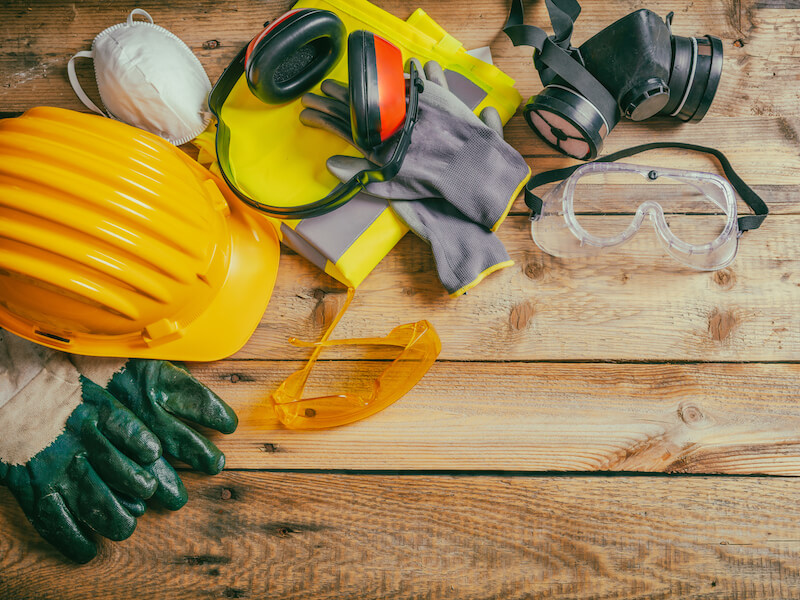
Around two million workplace injuries are documented each year. When you think of on-the-job injuries, you might think of flying objects or a hand caught in a piece of machinery at a factory.
But the most prevalent workplace injury is much more insidious and frequently goes unreported. It sneaks up on people very gradually over several years. The injury goes unnoticed until the effects become impossible to disregard. People often make excuses. “It will go away” or “I’m just getting older. This response is common.
And it’s unusual for people to even realize that their workplace is to blame for this injury.
The insidious injury is damaged hearing. There are some important steps you should take if you recognize any of the numerous warning signs.
Exactly When Does The Volume Become “Too Loud”?
Regular exposure to sounds above 85 decibels (dB) can result in long-term damage to your hearing. For reference, a vacuum cleaner runs at around 75 decibels dB. A lawnmower delivers 85 dB. A leaf blower or chainsaw produces more than 100 dB. A gunshot is about 140 dB.
Are you at risk when you’re at work? Is the most common workplace injury a problem for you? Over time, your hearing is likely to be damaged if you’re regularly exposed to sound as loud as a lawnmower, even if it’s not continuous.
Hearing Damage Signs
You’re absolutely harming your hearing if you work in a loud environment without hearing protection.
Your experiencing hearing loss if you notice any of the following symptoms:
- You often ask people to repeat what they said.
- You can’t understand the person speaking if there’s background sound.
- Your friends and family tell you your TV, radio, or computer tablet volume is too loud.
- You hear ringing, hissing, or whistling even when it’s quiet.
- When you speak with people you always think they are mumbling.
- You tend to disengage when others are talking.
- consonants get confused – “Todd” sounds like “Dodd,” for instance.
- Conversations sound muffled.
- You feel pain when you hear loud sounds.
What Are Employers Doing to Decrease Hearing Damage?
Businesses and organizations are using the latest technology to reduce workplace noise in excessively loud settings. Workplace noise will be minimized as new guidelines are being put in place by governments to safeguard workers.
Employees are speaking out as they become mindful of the long-term damage that workplace noise is causing. Further change will come as their voices are heard.
Preventing Further Damage
If you work in a loud environment, the smartest thing you can do is protect your ears before any damage is done. Potential damage will be decreased by using protective earplugs or earmuffs.
If you think your hearing has been damaged by a noisy workplace, make an appointment for a hearing exam as soon as possible. You will learn how to counter added damage when you determine how much hearing damage you have. We can help you develop strategies to avoid further hearing loss and address the damage you’ve already experienced.